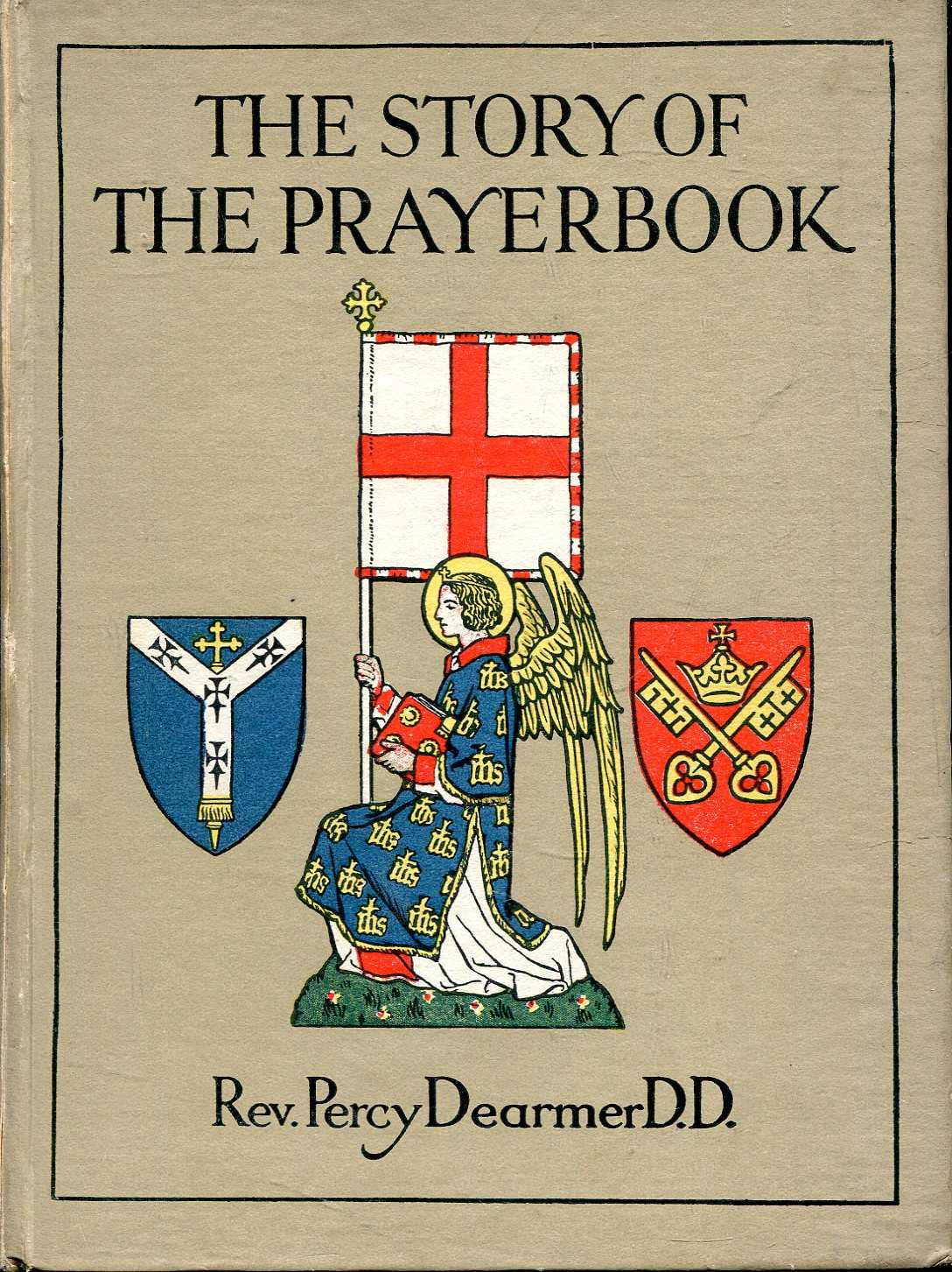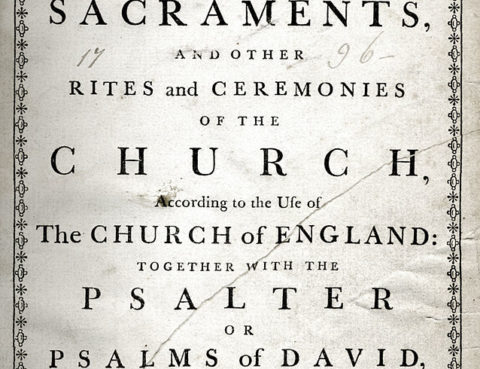

"At a time when contemporary anthropological and sociological scholarship on African Christianity has concentrated on multifaceted processes of globalizing Pentecostalism, Hermione Harris's new book is an important reminder that a fresh understanding of the so-called African Initiated (or Indpendent/Instituted) Churches (AICs) is necessary in putting African Pentecostalism in proper (global) perspective. This will surely prove a benchmark study for anyone interested in the religious life of the African Diaspora for many years to come." - J.

Reaching back to the first big wave of Nigerian settlement in London over forty years ago, Harris's subtle analysis shows how indigenous Yoruba notions of spiritual power fuse with Bible interpretation to shape the life-worlds of Nigerian students and workers, and underpin the rituals of prayer and revelation that answer to their practical and existential needs. "Deeply researched, beautifully written, and informed by a lively sympathy for its subjects, Hermione Harris's book is by far the richest study that has yet been done of an African Christian church in the Diaspora. As a study of the religious dimension of a particular community - Yoruba labor/educational migrants in late-twentieth century London-it is a pioneering piece of work which will find a readership in several academic disciplines." - Karin Barber, University of Birmingham, England It explores the interaction of traditional and Christian spiritual repertoires in commendable depth. Peel, and others, but very little on the variants found among Yoruba communities in Britain.

Extensive and important work has been done on the Aládùúrà churches in Nigeria by Harold Turner, J. As a study of religious change, this book is important for its documentation of a substantial but neglected topic: the nature of Aládùúrà churches in Britain. It is clear that Harris was an excellent field worker, endowed with both resilience and empathy, and the material she presents is full and detailed. The narrative is lively, and enriched with a number of fascinating descriptions ofAládùúrà services, and illuminating testimonies, reminiscences, and comments by the worshippers. Her account is based on extensive participant observation, interviews, and written records kept by the church members at her request. "The Yoruba community in London was one of the largest African groups, already substantial when Harris began her fieldwork in 1969, and is now an established and significant ethnic minority.


 0 kommentar(er)
0 kommentar(er)
